The parents of Gypar Sattwaldi, 24, and Qirhal Sattwaldi, 21, are the envy of their herding community, as their two daughters are both college students.
The family belongs to the Kirgiz ethnic group and lives in Wuqia county, Xinjiang Uygur autonomous region.
The Pamir Plateau is one of the most deprived areas in this remote region, and the children of Kirgiz herders once had limited access to higher education. Few were encouraged to aim beyond a traditional nomadic existence.
"Without support or opportunities, my sister and I would have become shepherds," Qirhal said. The young woman's family is just one of thousands to have benefited from drastic changes over the past decade.
The family used to live at an altitude of 3,000 meters, and their income was way below the national poverty line. Their village had no roads, tap water, or electricity.
In 2014, the whole family was relocated to a purpose-built new community, under a wide-reaching initiative to lift impoverished herders out of poverty.
Coupled with the significant investment in new homes in Xinjiang is improved access to education.
In 2000, China launched the "Xinjiang classes" program, which places students in top high schools in more economically developed areas. Under the program, Gypar secured a place in Wuxi, Jiangsu province.
"Never in my wildest dreams did I expect to go to school outside Xinjiang," she said. "I enjoy city life. That's why I didn't hesitate to apply to a university outside Xinjiang. It was one of the best decisions I have ever made. It led me to a world outside the mountains."
Qirhal is in her sophomore year at Southwestern University of Finance and Economics in Chengdu, Sichuan province.
"Studying finance can help me count sheep faster," she said lightheartedly. "I would like to work in a bank, maybe become a bank manager," she added on a serious note.
Gypar is in her final undergraduate year and plans to become a teacher.
"I want to become a math teacher back home," she said.
"I grew up on the Pamir Plateau. I know that many local children ache for a chance to get out of the mountains. I want to play a part in the realization of their dreams."
The sisters said they owe everything to their supportive parents.
"When I was younger, my parents worked very hard to make money. Naturally, I wanted to leave school early to help ease their burden," Gypar said.
"But they did not agree with me wanting to make that sacrifice. They told me that studying hard is the best way for children to pay back their parents."
Today, poor parents like the Sattwaldis do not have to worry about the financial strain of tuition fees. The sisters receive a government grant of 4,000 yuan ($560) that covers their annual college tuition fees.
In 2017, Xinjiang became China's first provincial-level region to offer free education from preschool to high school, benefiting students like the family's son, who is now in high school.
The two sisters are local celebrities. During vacations, they are often invited to share their stories with night school students. They also share popular songs and movies with children, teach their family how to use social networking platforms, and help their neighbors with their academic pursuits.
This year, Xinjiang is determined to eradicate absolute poverty by lifting 165,800 residents out of poverty and also plans to have 40 percent of students in university.
"I hope they can leave the mountains for better lives," their father, Zahir Sattwaldi, said.









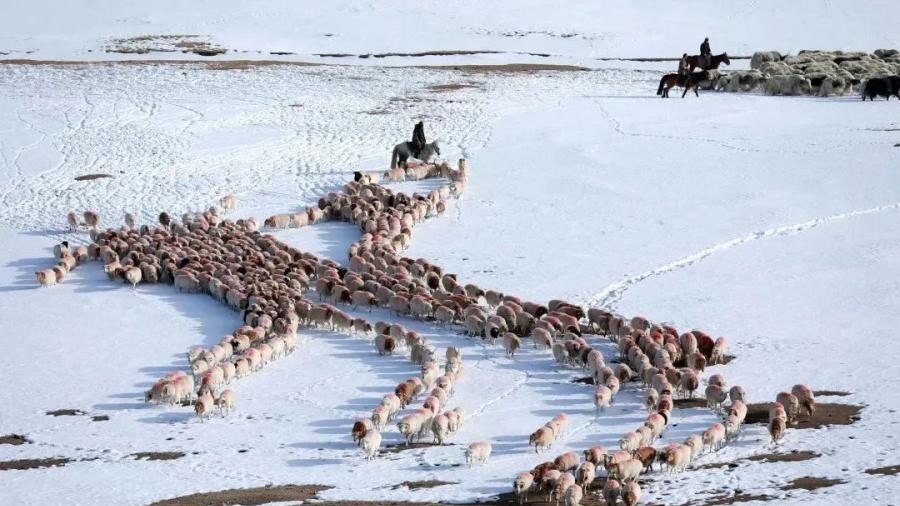
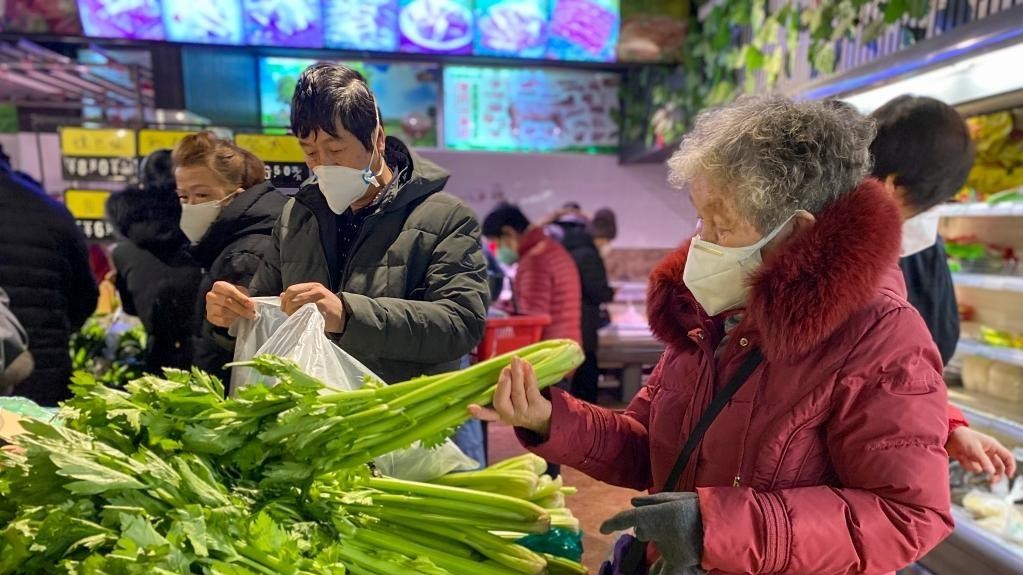



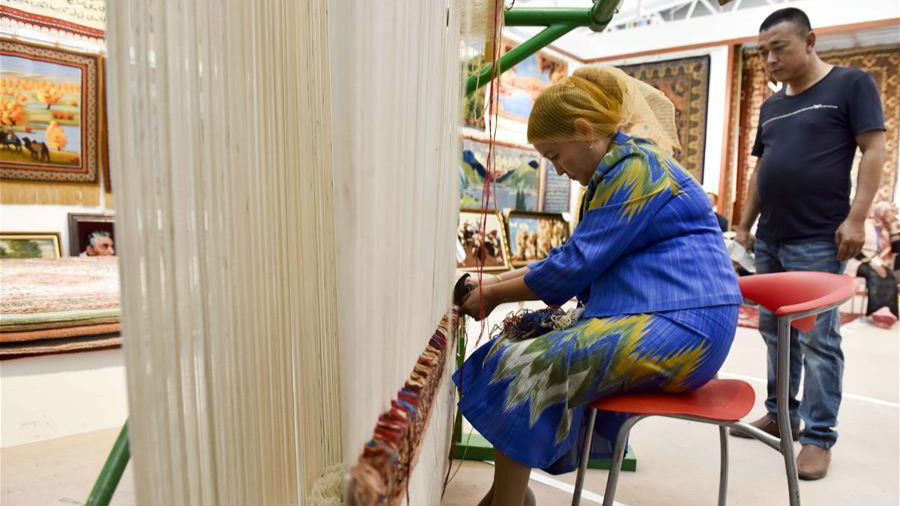
.jpg)


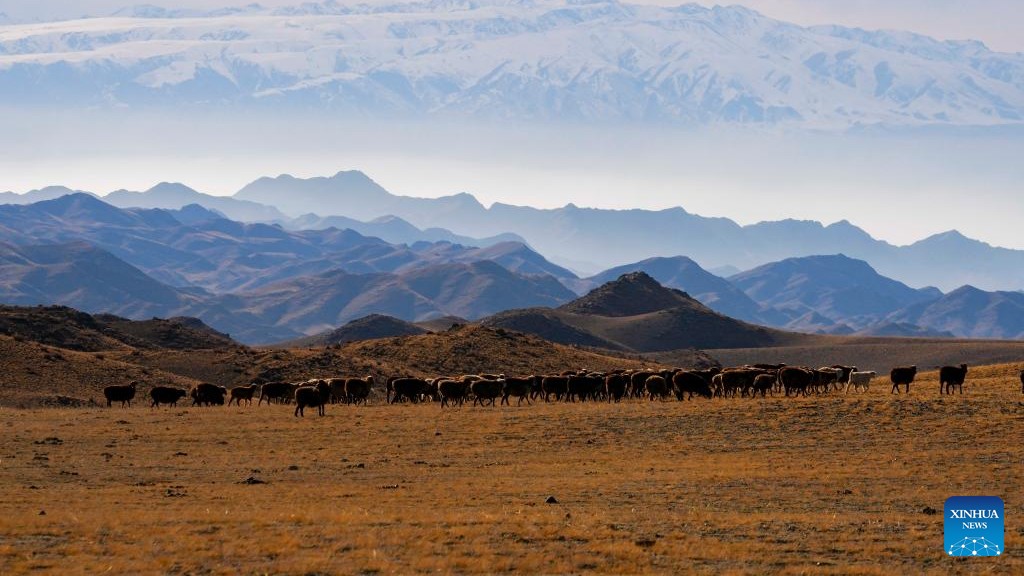



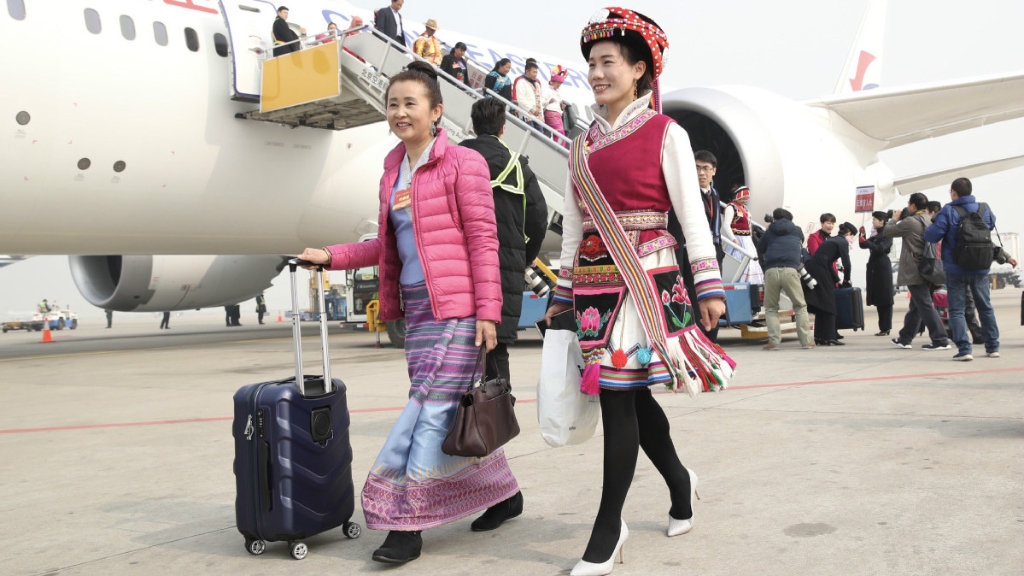


.jpg)


